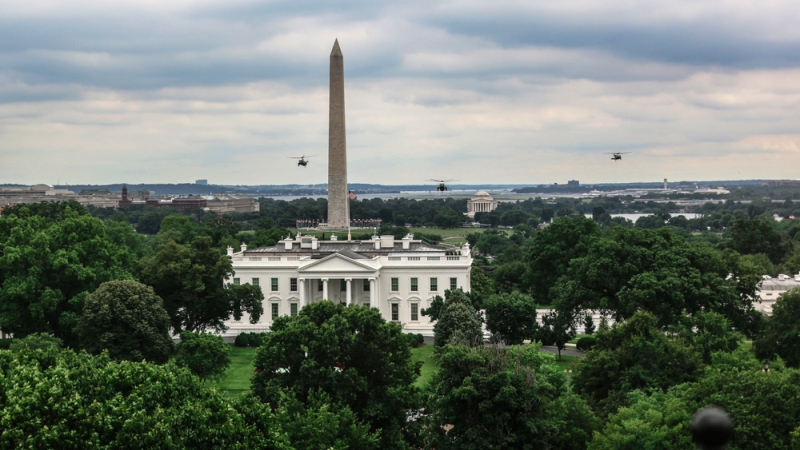
Arati Prabhakar, who took over as director of the White House Office of Science and Technology Policy (OSTP) earlier this month, late last week outlined several mindset and policy shifts that she said are necessary to meet technology challenges facing the United States.
In a speech to the American Association for the Advancement of Science (AAAS) – marking Prabhakar’s first public remarks since stepping in as head of OSTP on Oct. 3 – she discussed three shifts in thinking and strategy.
One of those, she said, is the need to adopt a “what it takes” mentality to better understand how to achieve goals.
“We need to be asking what does it take to get to a goal, not just what might make a contribution,” Prabhakar said.
“’What It Takes’ thinking starts by deeply considering a goal that we want to achieve, and then diagnosing what stands between us and getting there – and then charting a course through that complexity to actually be able to get where we need to go,” she said.
Another shift, she said, is her focus on building more equity in the way that OSTP advances technology, as well as who receives the educational training necessary to succeed in science and technology.
“The purpose of what we’re trying to do here is to create a better future for all Americans,” Prabhakar said. “That means we need to confront head-on the entrenched inequities that are part of life in this country today.”
She said the U.S. was “making progress” toward that goal on a couple of fronts: “One is expanded efforts to boost STEM education so that it reaches kids of all different backgrounds and all different regions of the country,” she said, adding, “another is some very interesting experimentation that’s booting up in new regional innovation initiatives.”
Prabhakar followed up on the goal of greater equity by saying that the expansion of broadband and other technologies are aimed at “opening the opportunities that science and technology provides to everyone in every zip code in the country.”
The OSTP director said progress on those shifts and initiatives will be made possible by recent funding bill including the Bipartisan Infrastructure law and the CHIPS and Science Act.
